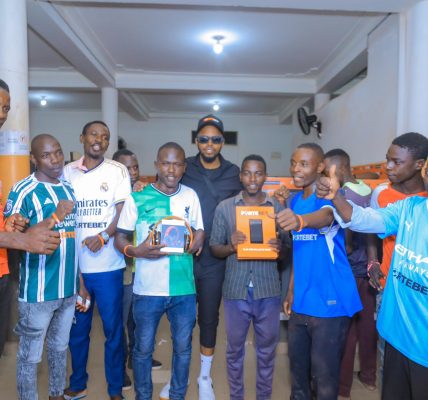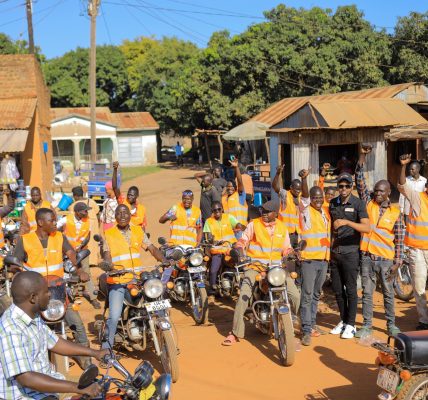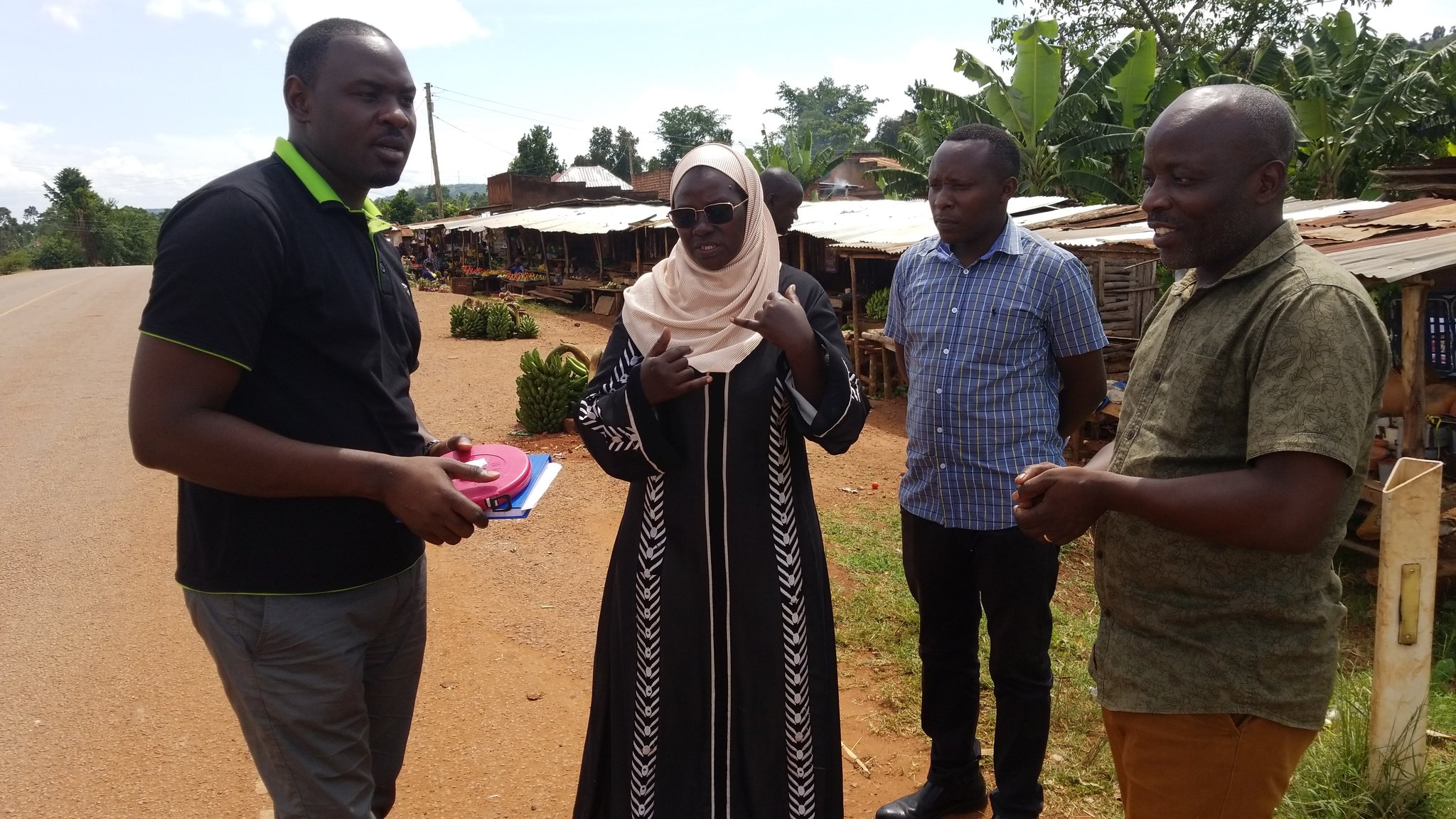Ghana celebrates a momentous occasion as stolen artifacts, looted during the colonial era, return from the UK and the US, gracing public display for the first time this week. In a stirring display of cultural restoration, people from every corner of the nation converged on Kumasi, the revered seat of the Asante King Otumfuo Osei Tutu II, known as the Asantehene, to witness the unveiling of these cherished relics.
Dubbed “the heart of Ashanti,” these repatriated artifacts hold profound significance for Ghana’s Ashanti community, embodying the essence of their rich cultural heritage. While not all items looted in 1874 have been recovered, their presence in Kumasi serves as a powerful testament to the resilience and identity of the Ashanti people, as articulated by the Asantehene.
The culmination of decades-long negotiations, the repatriation of these artifacts signifies a significant victory for Ghana and underscores the global imperative for colonial accountability. Earlier this year, London’s British Museum and Victoria and Albert Museum, in conjunction with the Fowler Museum of the University of California, facilitated the return of these cultural treasures in response to mounting pressure for restitution.
Most of the 42 artifacts currently on display in Kumasi were plundered during the Anglo-Ashanti Wars, bearing witness to the turbulent encounters between the Asante Kingdom and British colonial forces. Many of these treasures were pillaged directly from the Asante palace, underscoring the enduring scars of colonial exploitation on Ghana’s cultural legacy.
For visitors like Laura Akuno, the repatriation of these artifacts marks a watershed moment in Ghana’s journey towards reclaiming its narrative. “Bringing back these artifacts is a reclaiming of our history,” she remarked, highlighting the importance of cultural restitution in fostering a sense of identity and pride.
While legal constraints impede the permanent transfer of artifacts from British national museums, 32 objects from the British Museum and Victoria and Albert Museum are currently on loan in Ghana, fostering dialogue and promoting mutual understanding between nations.






